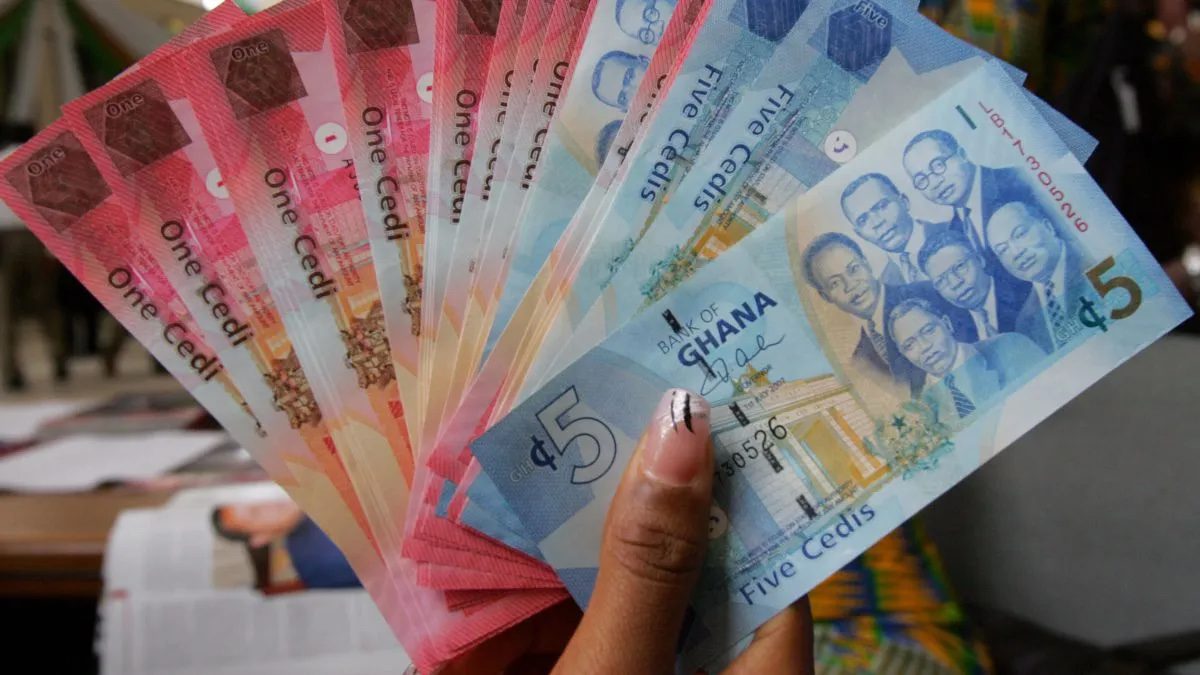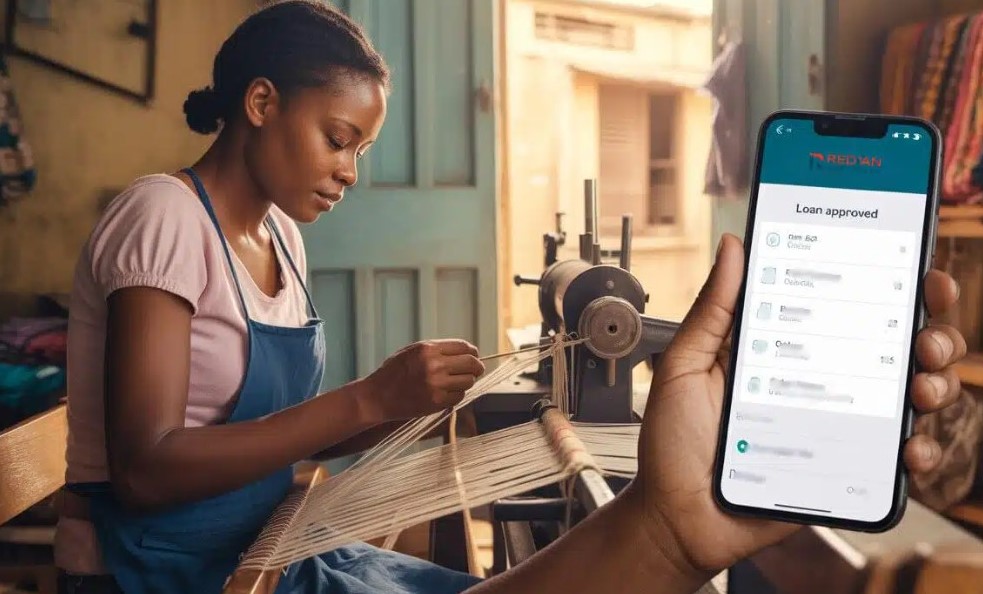







































Digital lenders in Ghana to have $162k capital base, physical offices in new regulations
 BANK
BANK
 IMX
IMX
The Bank of Ghana (BoG) has directed all digital lenders operating in the country to apply for regulatory approval effective from November 1. The new directive is part of the government’s move to regulate its fast-growing digital lending market and curb all forms of unethical debt recovery activities in the industry.
A significant part of the new regulations is to bring all digital lenders under the central bank’s direct operation. The new rules will also move digital lending from a tech venture into a fully regulated and recognised fintech.
To obtain the regulatory approval, digital lenders operating in Ghana must submit a list of documents, such as a five-year business plan, financial projections, comprehensive policies for risk management, ICT security, and corporate governance.
In addition, they are required to present an Anti-Money Laundering (AML) policy, complete with a designated reporting office and a Data Protection Impact Assessment approved by Ghana’s Data Protection Commission.
Another part of the new directive is having a physical office, a minimum paid-up capital of $162,000 and a minimum Ghanaian equity participation of 30%. This directive backs the move to lay a sustainable digital lending industry and enforce the superiority of local rules.

With a fast-rising ecosystem of digital lenders, there are fears of a congested and unethical industry. The BoG explained that only well-funded players with solid business plans will be allowed to operate under its jurisdiction.
A peculiar behaviour of digital lenders is the misuse of debtors’ data and the public listing of defaulters. To this, the central bank has warned that digital lenders are forbidden from using threats, violence, or obscene language during debt collection.
Activities such as making unauthorised calls or messages to a customer’s contacts , which is a common shaming tactic, are now officially illegal. Also, publishing customer information on public or social media platforms and compounding interest on short-term loans has now been prohibited.
As the new regulatory requirement is tailored to restore normalcy in debt collection practices, it also seeks to prioritise customer protection. The rules are also a move to reduce digital lenders and have financial institutions ready to work with the rules.

Also Read: Loan apps: FCCPC begins enforcement of regulations to curb harassment and data violations.
Digital lenders: Ghana is following the footprints of Nigeria and Kenya
With over 1,500 fintechs operating in Africa, the need to start regulating their operations is a new wave for the government. Amid this are the reported cases of digital lenders and their consistent ways of harassment and data violations.
While Ghana is the latest country to introduce rules that curb these acts, the likes of Nigeria and Kenya have made similar regulations.
Recently, the federal government of Nigeria, through the Federal Competition and Consumer Protection Commission (FCCPC), enforced the Digital, Electronic, Online, or Non-Traditional Consumer Lending Regulations (2025). The regulation aims to address the unruly debt recovery process of loan apps and their frequent violations of data privacy.
The regulation mandates transparency, fairness, responsible conduct, data privacy, and accessible redress mechanisms. The enforcement of these rules is a response to frequent violations by digital lenders in light of a series of harassment reported cases.

Of fintechs in Africa, digital lenders seem to have the largest share. In Nigeria, as of July 2025, FCCPC revealed that 399 digital lenders have been approved, with total approvals (including conditional) totalling around 425.
In Kenya, the number has now reached 153 following the recent regulatory approval granted to 27 Digital Credit Providers (DCPs) by the Central Bank of Kenya (CBK) in early September. Notably, the apex bank revealed that over 700 applications.
In Kenya, digital lenders are subjected to a strict screening process. The CBK explained that each application is put through rigorous processes to test business models, governance arrangements, and consumer protection terms.
In addition, the Bank explained that the licensing framework is aimed at targeting the fitness and suitability of shareholders, directors, and management of senior applicants. Only institutions that can satisfy high operating standards and legal requirements can operate in the country’s digital credit marketplace.

